Executive Summary
In recent years, three of Japan’s most prominent companies, Toyota, Panasonic, and Bridgestone, have ended their longstanding partnerships with the International Olympic Committee’s (IOC) Olympic Partner (TOP) program. This marks a significant moment in the landscape of global sports sponsorship. This report delves into the reasons behind these exits, the broader implications for corporate sponsorship, and the future of the IOC’s relationships with global brands.
Key Findings:
- Misalignment of Corporate Values: A growing disconnect between the IOC’s goals and corporate visions.
- Impact of the Tokyo 2020 Olympics: COVID-19, rising costs, and corruption scandals have reduced sponsor confidence.
- Reputation Management: Scandals surrounding the Tokyo Games created reputational risks for associated brands.
- Strategic Shifts: Japanese companies are refocusing their sponsorship efforts to align with more specific, business-related platforms.
Introduction: The Global Prestige of Olympic Sponsorship
The IOC’s highest partnership level is the Olympic TOP Sponsorship Program, which offers exclusive marketing rights to sponsors across all Olympic events. For decades, companies like Coca-Cola, Visa, Intel, and Japanese powerhouses Toyota, Panasonic, and Bridgestone have used the Olympics as a platform for brand visibility and global consumer engagement.
However, recent exits by key Japanese sponsors signal a shift in the priorities of global corporations, especially when it comes to sponsoring large, politically sensitive events.
Key Reasons Behind the Exit of Japanese Brands
Misalignment of Corporate Values
Toyota’s chairman, Akio Toyoda, publicly expressed dissatisfaction with the IOC’s direction, noting that the Games seemed to have strayed from celebrating athletes and their achievements. According to Toyoda, the event should be about showcasing human endeavor, but the increasing politicization of the Games led to a misalignment with Toyota’s vision (The Independent)
This disconnect raises the question of how the IOC’s mission will continue to align with corporate sponsors seeking to avoid political entanglements.
Economic and Reputational Impact of Tokyo 2020
The Tokyo 2020 Olympics faced unprecedented challenges due to the COVID-19 pandemic. Postponements, a lack of spectators, and heightened public health risks significantly diminished the visibility that sponsors usually enjoy. Moreover, the Tokyo Games were embroiled in corruption scandals related to local sponsorships and contracts, further discouraging brands from associating themselves with the event.
The cost of hosting the Tokyo Olympics soared to $13 billion (with some audits suggesting it could be double that), much of it funded by public money, intensifying the backlash against the event (The Independent)
Evolving Corporate Strategies
Companies like Bridgestone have reevaluated their sponsorship models. Bridgestone, for example, stated that it would focus on “more endemic global motorsports platforms,” aligning its sponsorship efforts with events that directly reflect its core business, such as automotive and tire industries.
Similarly, Panasonic, a sponsor since 1987, announced that it was ending its sponsorship to focus on redefining its corporate goals, reflecting broader shifts in how brands view large-scale sponsorship commitments .
The IOC’s Response: Pivoting to New Markets
With major Japanese brands exiting the sponsorship program, the IOC seeks to fill the gap in emerging markets like China, the Middle East, and India. As the IOC shifts its focus from traditional partners in the West and Japan, sponsors from these regions are increasingly being targeted.
This transition may also reflect broader trends in global marketing, where companies in Asia and the Middle East seek the kind of international exposure that the Olympics can still offer, particularly in newer, high-growth markets.
Lessons for Brands: How to Navigate Sponsorships in the Modern Era
Ensure Alignment with Corporate Values
As seen with Toyota, brands must ensure their sponsorship activities align with their core values. As consumer preferences shift toward socially responsible companies, any perceived disconnect between a company’s values and sponsorship choices can lead to reputational risks.
Focus on Measurable ROI
Corporate sponsorship in large-scale global events like the Olympics involves significant investment. Brands now demand clearer returns on their investment, particularly regarding visibility and alignment with target audiences. When events are disrupted or politically charged, it becomes harder to justify these massive expenditures.
Mitigate Reputational Risk
With increasing scrutiny of the ethics and politics of large-scale events, brands must weigh the potential reputational risks associated with sponsorships. As demonstrated by the fallout from the corruption scandals surrounding the Tokyo Olympics, companies must remain adaptable and ready to pivot to avoid any potential damage.
What’s Next for Olympic Sponsorship?
As the Paris 2024 Olympics approach, the IOC faces a challenge in rebuilding trust with potential sponsors, particularly in Japan. The key questions that remain:
Will the IOC adjust its sponsorship models to align better with corporate values and transparency?
How will the focus on emerging markets reshape the sponsorship landscape?
Can the IOC ensure a less politicized environment for sponsors moving forward?
The future of Olympic sponsorship lies in the IOC’s ability to maintain the delicate balance between attracting new sponsors and addressing the concerns that led to the exit of long-standing partners like Toyota, Panasonic, and Bridgestone.
Conclusion
The withdrawal of Japanese giants from the IOC’s TOP program signals that the world of global sponsorship is changing. Companies are becoming more discerning, seeking alignment with their values and greater accountability from their partner organizations. As the IOC pivots to new markets and sponsorship models, it must address these concerns to maintain the Games’ prestige and its appeal to global brands.

